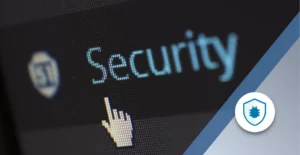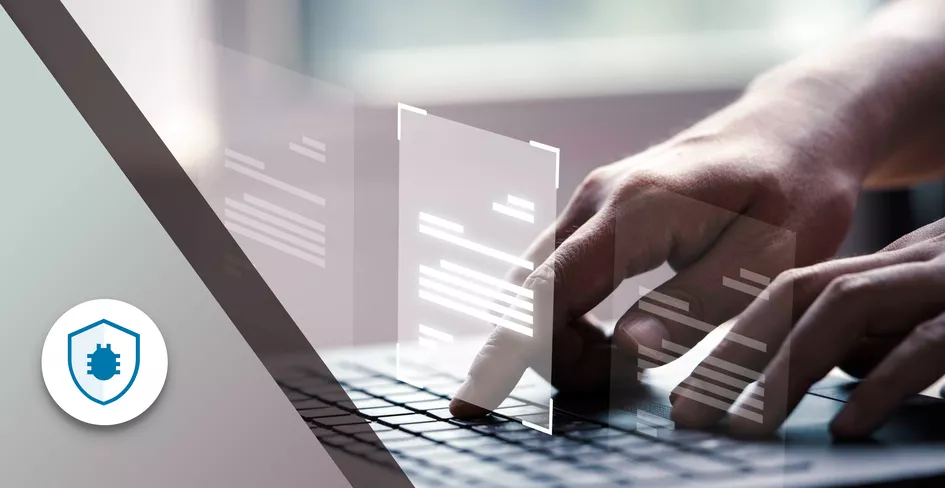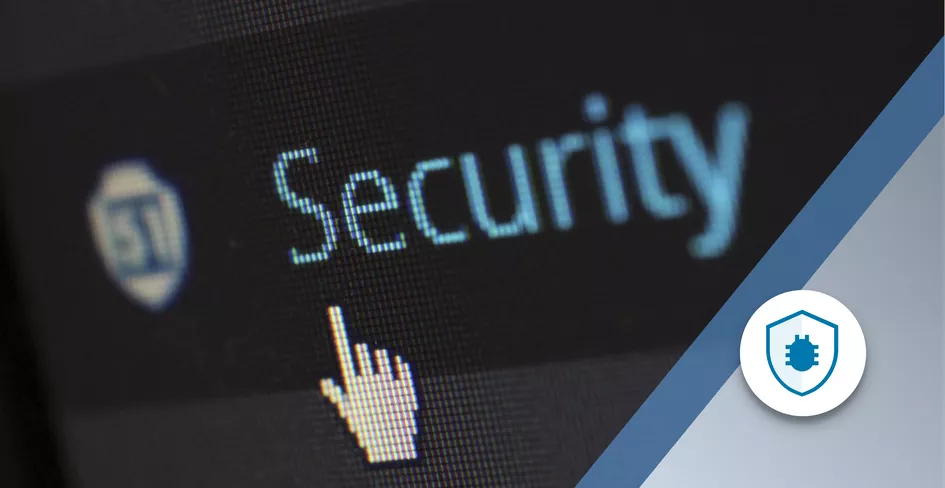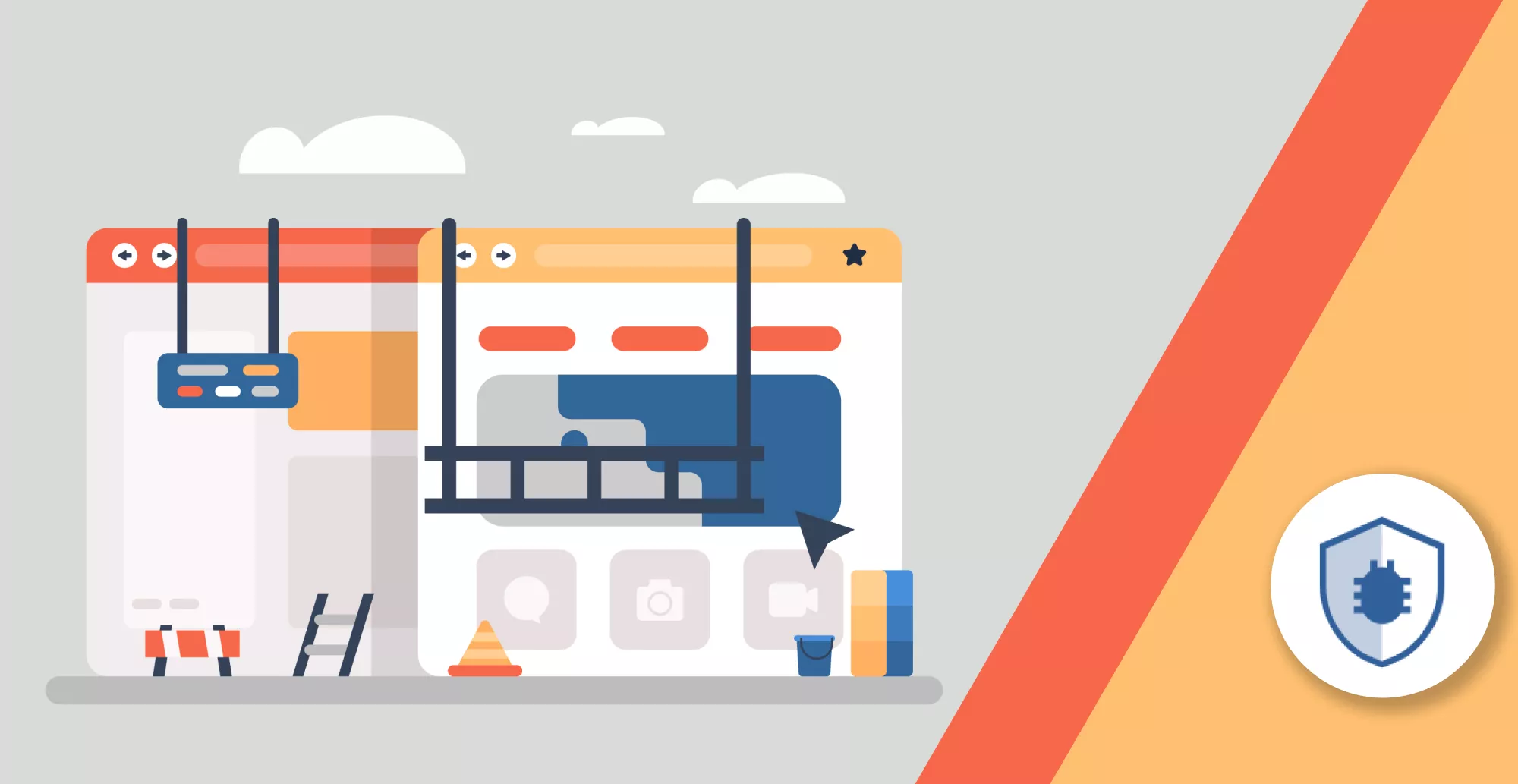
8 Minutes
10 Simple Ways To Improve Your Internet Security in 2025
Fix Bugs Faster! Log Collection Made Easy
You may have read about hackers using ChatGPT to impersonate your grandma.
If that story made you dig a little deeper, you may have learned about the hyper-realistic phishing scams being concocted with generative AI. And if you’ve really gone into the cyber-security weeds, you may have discovered the new breed of infostealer malware stealing passwords and browser log-ins.
All sounds very concerning right? Well, it needn’t do. Because while the attackers are getting ever more sophisticated, on the defense side we can keep things simple. In fact, the basics of good cybersecurity are the same as they were when people first began logging on 30 years ago.
By taking a series of small, smart and proactive steps, we can keep ourselves safe from the vast majority of cyber-scams, even the ones that use AI and other fourth-revolution tools. So as we enter 2025, here are some digital resolutions everyone should adopt.
Table of Contents
- Start with the basics. And make them less basic.
- Careful with the monitoring
- Perform Two-Factor Authentication
- Take your time
- Keep your devices up to date
- Use a reliable Antivirus program
- Make your home as secure as your office
- Keep an eye on Privacy Settings
- Monitor your digital footprint
- Always be aware and prepared
Start with the basics. And make them less basic.
In 2024, the World Economic Forum revealed that ‘123456’ was the world’s most common password. That was sloppy back in the days of Encarta. Today, it’s asking for trouble.
Be sure to use stronger, less basic passwords for every account, and keep your devices updated. Those boring reminders you get? They’re not there to annoy you. They’re there to patch security gaps before hackers find them.
Careful with the monitoring
Sometimes, all it takes is one stray click. A seemingly harmless email, a photo from an old friend and before you know it, your phone and computer could be compromised, with spy software silently running in the background.
This trend is widely seen in the U.S., where monitoring tools are increasingly used for many purposes. Whether it’s keeping children safe online, tracking employee activities, or even uncovering the cheating partner – these tools are everywhere.
Many of these apps come packed with a variety of features designed to give you comprehensive access:
- Location Tracking: Pinpoints real-time location and movement history.
- Call & Message Monitoring: Logs both incoming and outgoing calls, plus text messages.
- Browsing History & App Usage: Tracks websites visited and apps used, providing insights into digital habits.
- Stealth Mode: Operates quietly in the background, making it difficult for the target to detect.
And yes, while these spy apps may have valid uses in some situations, they are often misused by people with no honour. So if you want to monitor someone else, make sure you don’t let someone snoop on you.
Perform Two-Factor Authentication
You’ve probably heard of two-factor authentication (2FA) before. And on the slim chance you haven’t, think of it like two lines of defense.
Instead of simply logging into an app or website via one authentication channel, you add a second channel as a kind of backstop. Rather than simply entering your password, you may also get a code via text message, email, or an app on your phone.
If you have the option to add 2FA, do it. Many people use 2FA purely for financial stuff, but it’s equally useful when protecting your email and social media.
And if there’s an alternative to SMS codes, use them. Authentication apps like Google Authenticator, Authy, or even the basic feature provided on the phone, could offer far better security.
Take your time
Honestly, just slowing things down a touch online can make all the difference to your cyber-safety. If you open something in a rush, you may regret it – for a long time to come.
What do we mean here? Well here some examples:
- Hover Before You Click. If a link looks odd, or you aren’t sure why you got it, hover your mouse over to see the URL. If that link is a string of random characters, or not even close to what it should be, avoid.
- First Scanning of Attachments. Most antivirus software allows you to scan the attachment before opening it. That small step might save you from malware or ransomware.
- Double-check the sender. Many phishing messages claim to be from your bank, favorite stores, and even your friends. But if you look closely at the sender’s email address, or social handle, there’ll often be a random spelling or strange character to alert you to the hoax.
Remember: When something seems off – it might be a weird subject line, an unexpectedly urgent tone, or a message out of the blue from someone not in your network – don’t open. Just delete.
Keep your devices up to date
Sneakiness loves laziness. If your software is out of date, this could leave security gaps for hackers and bad actors to pile into.
So be sure to enable automatic updates, and don’t skip system prompts. From your operating system to your games, every piece of software can serve as an entry point for cybercriminals if you don’t fix it. So keep them all up to date.
Use a reliable Antivirus program
It’s not the sexiest purchase you’ll ever make, but a robust antivirus program can save you fortunes in the long term. The latest generation of antivirus technology is proactive, versatile, and unintrusive. Here are three things to look for:
- Real-Time Scanning: Choose a proper antivirus solution that can scan your system every minute, without your intervention. This will detect and neutralize a threat the moment it tries to penetrate the system.
- Anti-Phishing Tools: Some security suites now incorporate anti-phishing features that can warn you if you happen upon a dangerous site.
- Regular Scans: Schedule regular full-system scans so that your security can always be on the lookout for any hidden threat.
Make your home as secure as your office
Millions of us now work from home – and even if we don’t, we often take our work home with us to finish after office hours. This is manna from heaven for cyberattackers, as our home networks are often far less robust than the systems we have in the workplace.
We need to give our homes office-grade security, even if we hardly ever work there. This means:
- Changing default router settings. Most routers are configured with default usernames and passwords, which are usually easily guessed by hackers. Replace them immediately with something more secure.
- Enabling your encryption. WEP, the original standard for encrypting wireless technology, was found to be vulnerable way back in 2001. Yet some routers still use it. To check whether your router is one of them, find your IP address, type it into your web browser and you should see a ‘security’ section. Be sure that the encryption standard is set to WPA2 or WPA3
- Consider a guest network. Keep your main devices on a private network and provide a different network for visitors. This reduces the possibility of outsiders getting into sensitive data.
Keep an eye on Privacy Settings
Games and social media don’t encourage discretion. And why should they? The whole point is that we share, interact, and consume. But it’s important to be selective; the more we share, the more fuel we give potential attackers. Here are some handy tips:
- Social Media Cleanup. Go back over your old social messages. If you’ve given out your email address, phone number or any other contact detail, delete.
- Application Permissions. Pay close attention to the data your different apps are demanding. Would that light-based game really need all of your contacts, or your camera? Limit permissions to the absolutely indispensable.
- Browser Extensions. Be selective, because some of these extensions may track your browsing habits or inject advertisements to make money off you, undermining your security.
Monitor your digital footprint
The sooner you spot a security breach, the less time the hacker has to exploit it. Here are some tips that could limit the damage.
- Check Whether Your Data Was Leaked. Websites such as Have I Been Pwned will let you know whether your email or phone number was in some leakage of data or another.
- Credit Report Monitoring. Identity theft is easier than you think. Keeping tabs on your credit reports can alert you to fraudulent accounts opened in your name.
- Account Activity Alerts. Most financial institutions allow you to set up text or email notifications when a transaction takes place, so you can recognize fraud quickly.
Always be aware and prepared
This may sound obvious, but really, it anchors all the advice above. If we want to stay ahead of the hackers, our attitude is crucial: vigilance and good practice are your strongest allies in the protection of your online presence.
One mistake – a weak password, a forgotten update of your software, or one too-quick click on a link that looked suspicious – can have consequences. So remember, there’s no ‘set and forget’ with cyber-security. You need to stay proactive and vigilant everywhere: your office, your home, your gym… anywhere where you’re using the internet.
The attackers can have all the tech they want. But if we keep things simple and don’t deviate from our strategy, we’ll go a long way to stopping them.
Expect The Unexpected!
Debug Faster With Bugfender



